Cooking for your family begins with making sure you’re properly prepared, following instructions and storing all food in the right place. There are no shortcuts when it comes to your family’s health but thankfully it's all pretty straightforward and our top tips for food safety will keep you right.
You and your kids can learn more about food safety in the kitchen by playing this game from Food Standards Scotland together.
Safety tips to try at home
Tip #1: Freezing cooked food
Make sure to cool cooked food or leftovers as quickly as possible, and then store them in the freezer. Dividing food into shallow containers helps speed up the cooling process.
Tip #2: How to check food is properly cooked through
To test if food has been cooked properly, cut open the food with a small knife so you can make sure it's steaming hot in the middle.
Tip #3: How to stop bacteria from spreading
Don’t use the same knife to prepare ready-to-eat-foods and raw meat or fish. Wash your hands thoroughly after touching raw meat or fish. Always store raw meat or fish on the bottom shelf to ensure they don't drip onto other foods.
Tip #4: Defrosting frozen food
Defrost frozen food in the fridge so it doesn't get too warm. Cook it within 1 or 2 days as it will go off just like fresh food does.
Tip #5: Keeping your kitchen clean
Before you start preparing food‚ give your worktops, kitchen utensils and chopping boards a good clean. If they've been touched by raw meat, poultry or eggs, you'll need to wash them thoroughly to keep your family safe from illness.
Tip #6: Extend the life of food by freezing
To make food last longer, freeze it before its use-by-date, and defrost and use it within 24 hours. Providing eggs are cooked thoroughly, they can be eaten a day or two after their 'best before' date.
Tip #7: Don't wash raw meat before cooking it
If you wash raw meat, chicken or fish, you run the risk of splashing bacteria onto worktops and utensils. Washing doesn't get rid of harmful bacteria - the only way to do this is by cooking the food thoroughly.
Tip #8: How to store raw food safely
It's important to keep raw meat and fish away from ready-to-eat food, such as salad, fruit and bread. These types of food won't be cooked before you eat them, so any bacteria that gets onto the food won't be killed.
Tip #9: Reheating tips
When you reheat food, make sure it's steaming hot all the way through. If the food is just warm, it might not be safe to eat. And never reheat food more than once.
Tip #10: Best before isn't the same as use by date
Best before dates refer to quality rather than food safety. Foods with a 'best before' date should be safe to eat after the 'best before' date, but they may no longer be at their best.
Tip #11: Stick to the use by date
Use by dates refer to safety. Food can be eaten up to the end of this date, but not after, even if it looks and smells fine. Always follow the storage instructions on the packet. Even if food looks and smells fine, using it after this date could put you and your family's health at risk.
Tip #12: Defrosting frozen food with a microwave
You can use a microwave to defrost frozen food, but if you do, make sure you cook it straightaway.
Tip #13: Hand washing
Hands can easily spread bacteria around the kitchen and onto food. Always wash your hands thoroughly with soap and warm water before starting to prepare food. Especially if you've been touching raw meat or chicken, going to the toilet or touching the bin or pets.
Tip #14: Defrosting raw meat or fish
If you're defrosting raw meat or fish, keep them in a sealed container at the bottom of the fridge to make sure they don't touch or drip onto other foods.
Tip #15: Freezing raw food
It's fine to freeze most raw or cooked foods – just make sure to do it before the use by date. Also, don't forget to follow any freezing or defrosting instructions on the label.
Tip #16: Storing tinned food
Never store food in an opened tin can. The tin from the can makes the contents taste bad and may make you ill. Instead, empty the food into a bowl or other container, cover and put it in the fridge.
To find out more about how to store food safely, you and your kids could check out these games from Food Standards Scotland:
Tip #17: Make sure ready-to-eat smoked fish is properly cooked
If you or anyone else in your family are pregnant, over 65 or have a weakened immune system, it’s important to make sure you thoroughly cook any ready-to-eat smoked fish you buy, to avoid any risk of listeria poisoning. This includes fish in sushi. You can find out more about this on the Food Standards Scotland website.
 Activities & Play
Activities & Play Behaviour
Behaviour Childcare
Childcare Development & Growing Up
Development & Growing Up Family, Friends & Relationships
Family, Friends & Relationships Feeding Your Baby
Feeding Your Baby Food & Eating
Food & Eating Health & Safety
Health & Safety Mental Health & Wellbeing
Mental Health & Wellbeing Money & Work
Money & Work Online Behaviour & Safety
Online Behaviour & Safety Pregnancy & First Days
Pregnancy & First Days School & Education
School & Education Sleep
Sleep

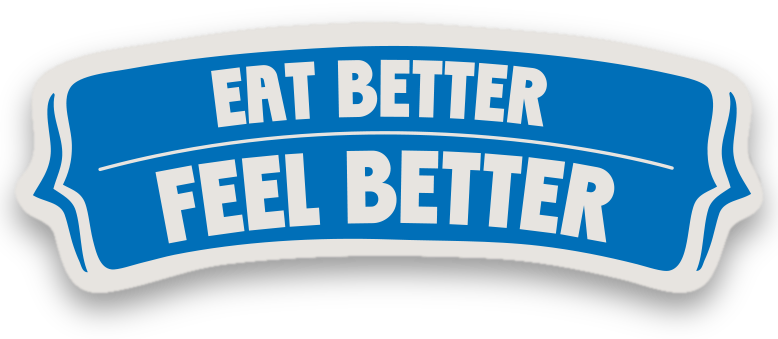
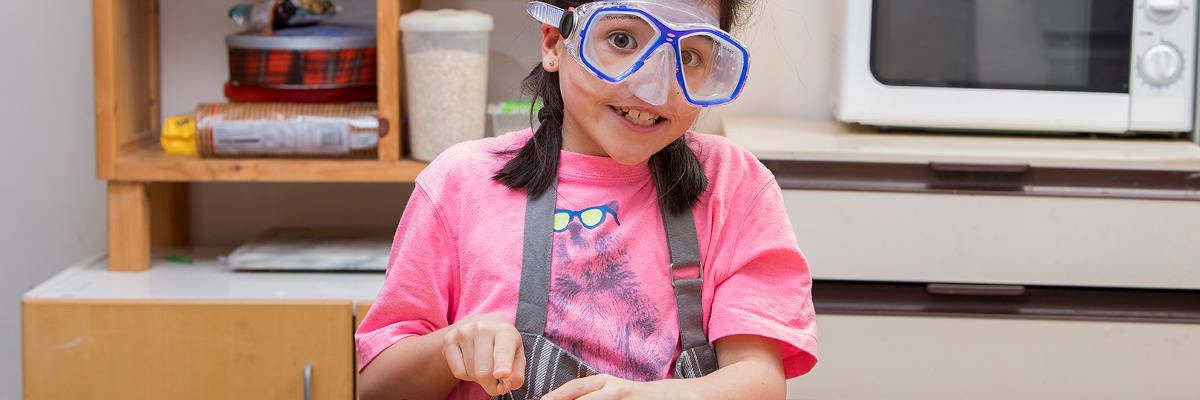
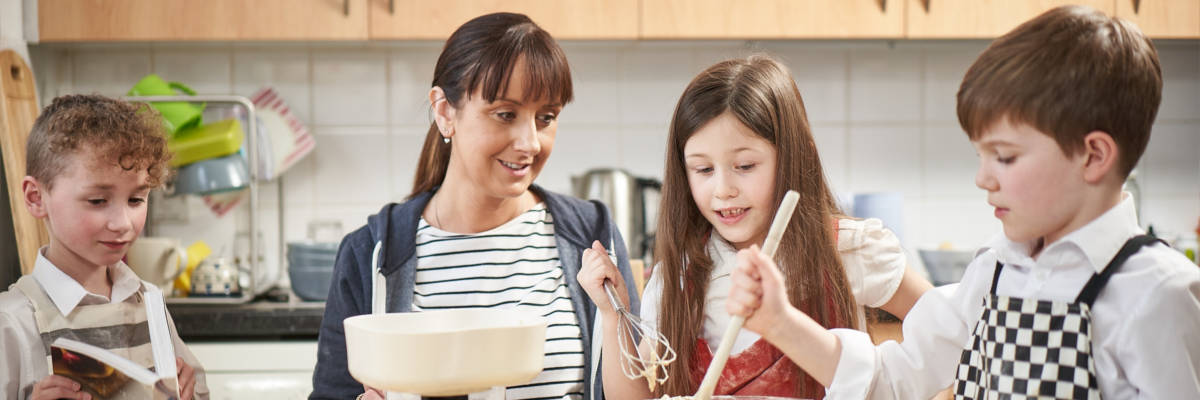
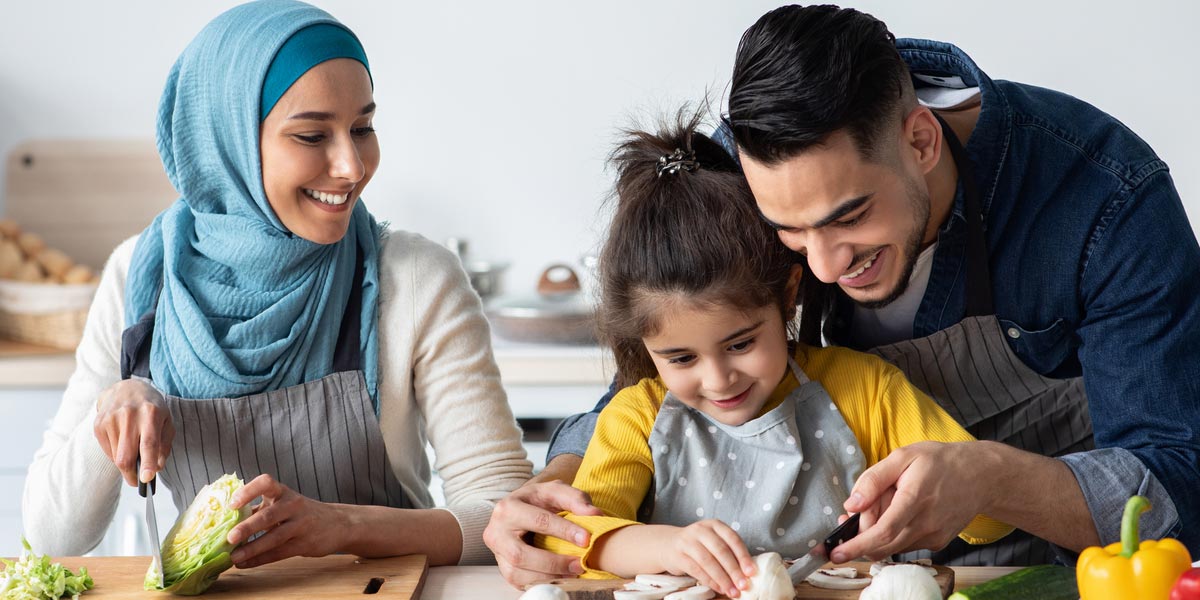

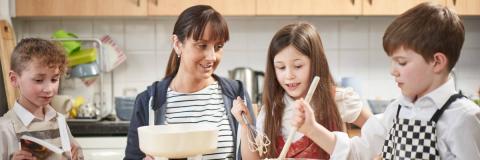
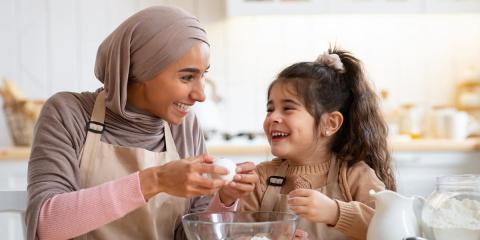
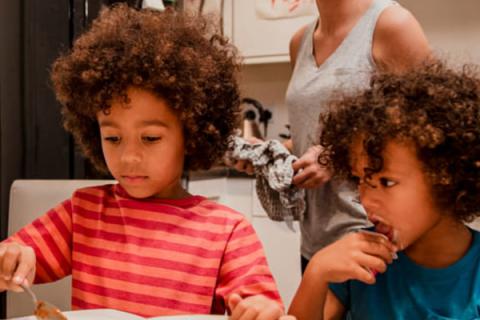


 Behaviour
Behaviour
 Activities & Play
Activities & Play